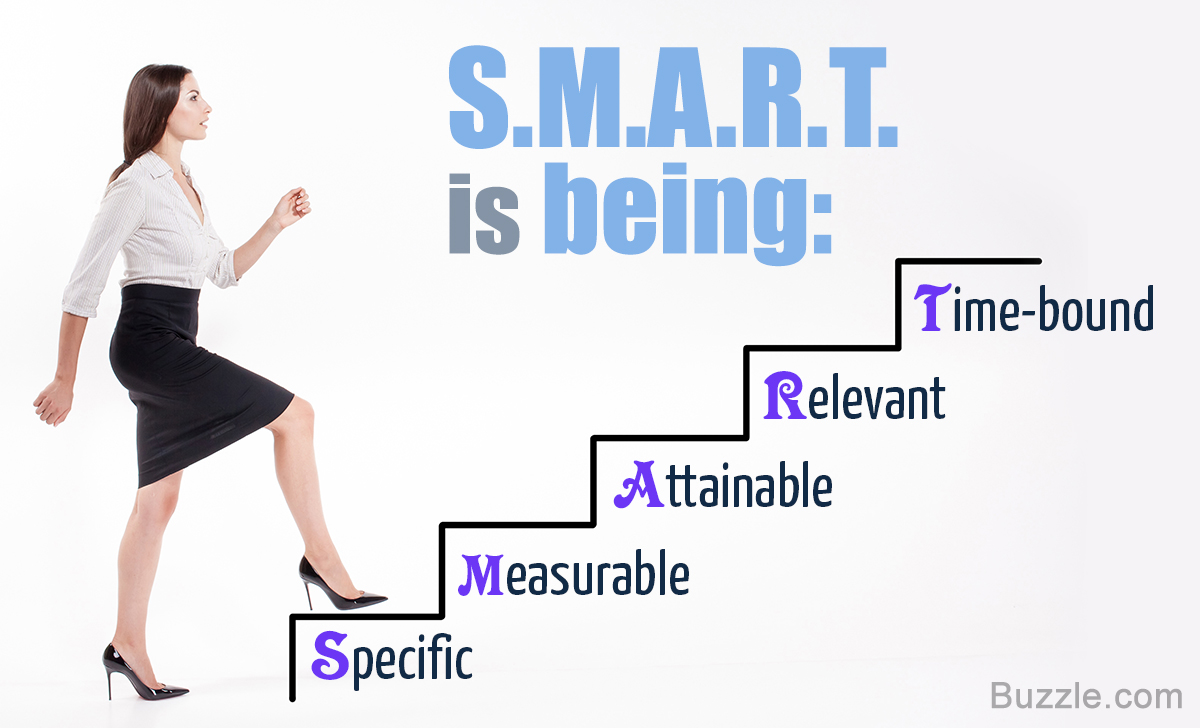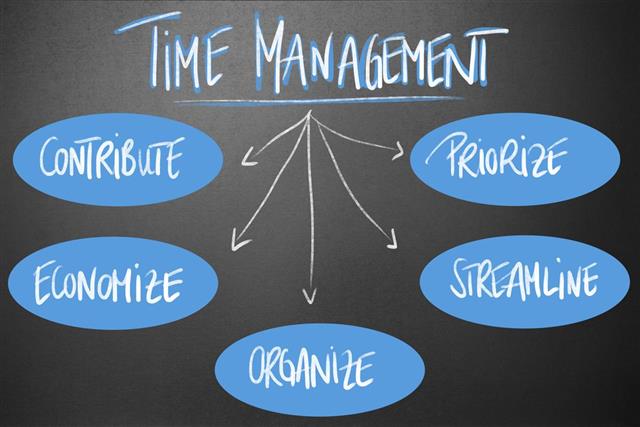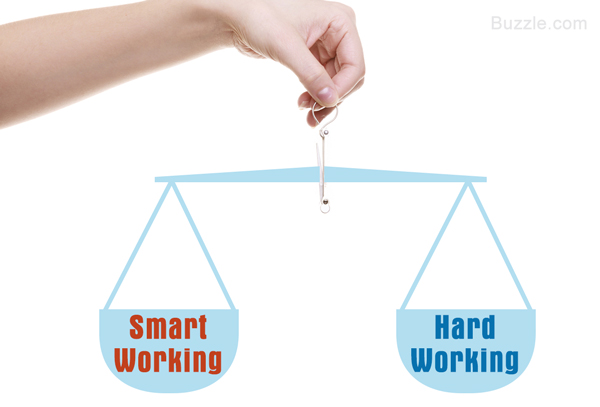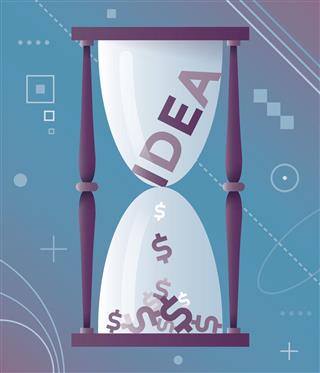
It is important to have different types of goals in life, because the steps taken to achieve these goals automatically lead to one’s personal development. Personal development goals can be formed at work, home, or any other social setting.
We are urged to form goals from very early on in our lives. Forming goals is considered important, because it gives our life a direction. The efforts taken to achieve those goals help and lead to personal development. Though one might be inclined towards thinking otherwise, personal development is not necessarily achieved by doing something extraordinary. It can just as well be achieved by carrying through the most simple and mundane acts. The only criteria that needs to be fulfilled is that, it should meet the person’s own needs, and help propel him/her forward in life to achieve success.
Personal development can be achieved through both, self-development and the development of others. Which is to say that, helping others, or being of service to others, leads to personal growth as well. To give an example of the same- mentors, teachers, doctors, or managers bring about the development of others, along with the development of their own personality.
The Importance of Goals
Goals lead you to the path of success, allow you to take risks, and set challenges for yourselves. Only if one has set goals, do they keep trying to achieve them; despite obstacles and difficulties. Goals help you control your emotions and fears when the going gets tough. Achieving smaller goals helps gain and increase confidence levels, and prepares you for achieving major goals.
The S.M.A.R.T. Rule
One should set meaningful, realistic, and professional development goals to make progress towards an ideal life. Setting long-term goals is just as essential as setting weekly or daily goals. When it comes to setting goals, one needs to check the impact of the goal on four areas of life, namely- body, heart, mind, and spirit. Furthermore, it is believed that the goals can be successfully achieved if they are based on the S.M.A.R.T. principle.
Personal Development Goal Examples
Have you ever noticed that activities such as praying, music, dance, singing, chanting, poetry, writing, and sports are all forms of personal development programs or tools? Interestingly, they can also be linked to the final goals of personal development, because they bring you closer to discover the true meaning of your life, or help to live a good life. Personal goals often influence family values, education, and other aspects of life.
Some basics you need to focus on:
- Fulfilling aspirations
- Enhancing the quality of life by being more spiritual and healthy
- Defining your ethics
- Specifying your values
- Becoming the person you aspire to be
- Building your own identity
- Fixing your priorities
- Determining your lifestyle
- Improving your knowledge, potential, and awareness
- Developing strengths, and learning techniques to achieve wisdom
- Building human capital
For more specific activities, include things like:
- Exercise for 5 days a week
- Join a hobby class
- Make an effort to concentrate on positive thoughts
- Take efforts to control anger
- Eat healthy food
- Learn skills of time management
- Read more books
- Try to control cynicism
Examples of Personal Development Goals at Work
Personal development goals play an important role in leadership and management as well. Just as setting personal goals at work is important, setting personal development goals for managers is crucial.
Learning new management skills, developing positive thinking, learning new techniques of human resource management, adopting negotiation skills, and learning the art of dealing with difficult people are some examples of personal development goals for managers.
To increase the level of professionalism and efficiency at work:
- Communicate effectively with all colleagues and bosses.
- Recognize and appreciate the work of others.
- Create a new strategy for maximum output with minimum resources.
- Learn what is required to enhance one’s performance (continuation of education, for example).
- Learn stress-relieving techniques.
For more specific activities:
- Learn time management techniques.
- Organize your work space.
- Update all the software programs on your computer.
- Organize mails.
- Read management books.
- Set targets for projects.
- Focus on one task at a time.
- Attend seminars on increasing productivity and efficiency.
- Complete all pending calls.
Goal setting is very personal; but the examples provided herein should help you in getting a general idea of what personal development goals are like, and give you inspiration for forming some of your own. While setting new goals, you should look inward to understand what it is you truly want to accomplish. Setting personal goals requires discipline, time, and an ardent desire to make changes in your personality and lifestyle.


























